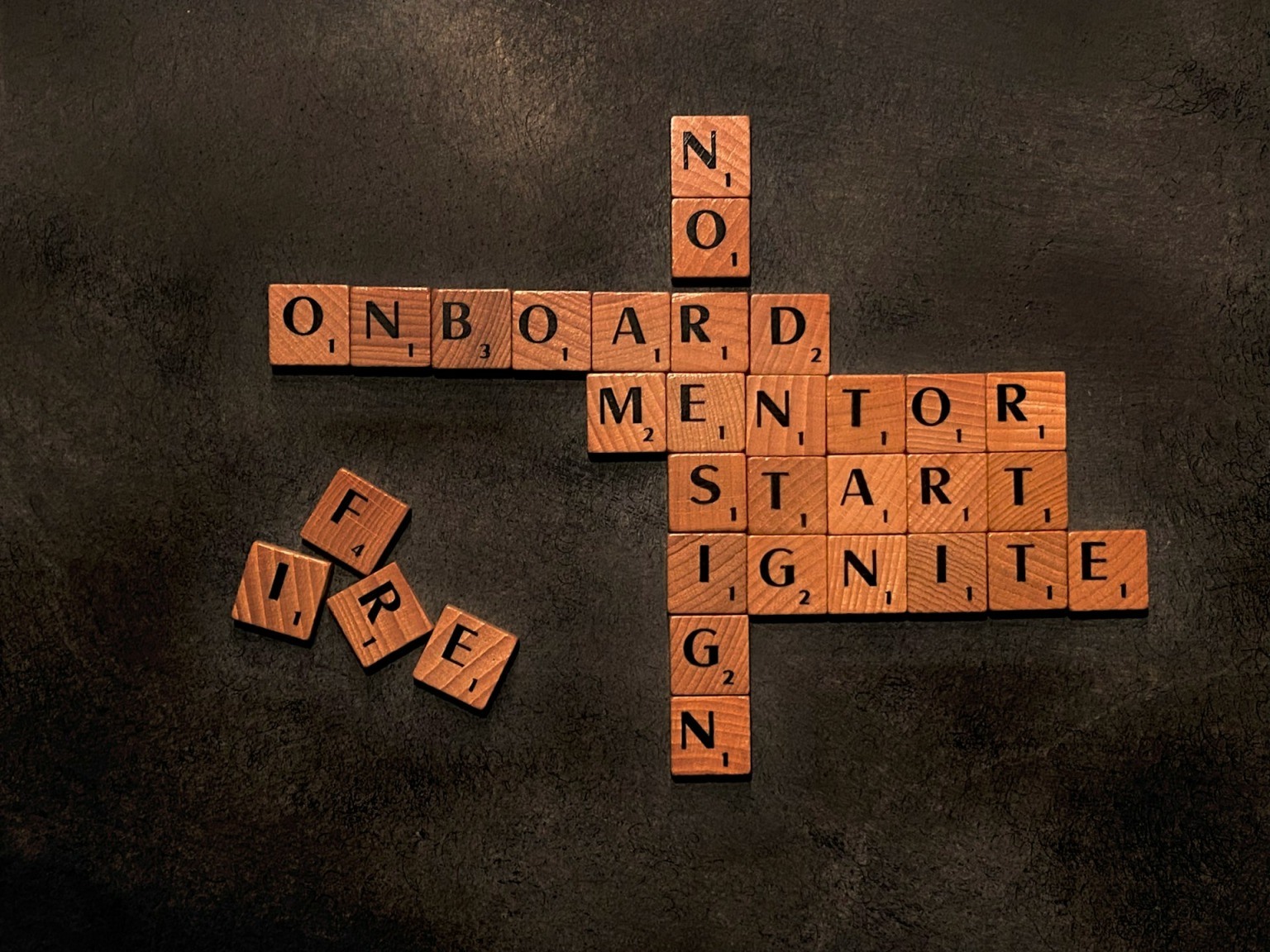
Prof. Athena Vakali: Shaping human-centered AI and inclusivity in STEM
Thaleia-Dimitra Doudali

Magazine / Mentoring , Interviews
Being a new mentor can be scary. You now have a whole new responsibility. It feels good to give back and share your experience, but sometimes, even mentors can feel lost. I can’t help but think what a new mentor would like to know in order to feel more empowered and confident, to prepare themselves better, and to reach their full mentoring potential. Thus, I approached Maria Vlastara, who is a fresh mentor, and asked her to tell me what questions or even concerns a new mentor like her may have. Maria is a Ph.D. researcher at Radboud University Medical Center (Netherlands). She holds a B.Sc. degree in Chemistry from the University of Crete and an M.Sc. in Radiopharmaceutical Chemistry from the University of Athens. Currently, her research focuses on improving radio-immunoimaging for breast cancer diagnosis, using radiolabeled antibodies and click chemistry. As a new mentor, full of energy and willingness to pass her knowledge to others, Maria would like to know how to be a good mentor; how to best support her mentees, and how to maintain the balance.
So, what is better than asking another, more experienced mentor for some tips?
Such a mentor is Niki Sorogas, another Ph.D. fellow at the Aristotle University of Thessaloniki (AUTH), who is an avid mentor and STEM advocate. She holds an M.Sc. in Materials Physics and Technology and an Electrical and Computer Engineering diploma, both from AUTH. As a brain-gainer, she has more than fifteen years of professional expertise in various fields working in the Greek public/private sector, non-profits and startups. Aside from academics, she is a passionate project manager/production assistant – currently, in the Creative Culture Industry (CCI) and proudly runs her award-winning music blog with a global team of contributors. With her energy and creativity, Niki has been successfully guiding several individuals through our mentoring program. When I contacted her with Maria’s questions, Niki went above and beyond to give her piece, offer her advice, and share her experience; simply put, to mentor the mentor.
A mentor asks, a mentor replies: Maria takes over and asks Niki all the ‘hot’ questions a new mentor may have and don’t know to whom to address.
To become a mentor, you need to learn lots about yourself, share your mistakes, listen more, know when to speak up and lead by example.
How do we handle mentees whose mental health is impacted by the increased pressure of graduate studies?
Mental and physical health are interconnected! Academic culture places a premium on performance and productivity, using the ability to handle stress as a marker of success. Transparent communication here is key. Show instantly the seed of trust with a personal conversation, and discuss the specific stressors (personal, professional) with a focused dialogue and an open heart. Implement solutions by getting down to the clear snack-sized milestones using the SMART goals and SWOT analysis. Address procrastination or “imposter syndrome”. Be available, empathetic, and supportive, maintain motivation, and celebrate success with a cupcake day online (have fun)!
A good quality of life needs to extend into their futures, so provide them with productivity tools within a “guided-discovery” format. Encourage mentees to protect their “me” time and make them seek hobbies. Remind them that studies won’t last forever and see that they check in with their support system of friends and family. Perhaps introduce them to mindfulness routines (or self-help apps) for refining focus and self-awareness. Explain the power of “No” and of task prioritizing. Now, you might have just created a positive ripple effect after sorting out the blind spots.
What is the best mentoring approach for individuals who are unsure of what specialization to choose beyond their undergraduate studies?
If they are undecided, it’s a good time for them to explore various fields of interest and choose something that fits their skills, values, passions, and talents. Thus, know your mentee. What subjects do they love and are more likely to be fully engaged in? This will help them navigate things better by demystifying the next steps with you in fruitful conversations. Create an “action plan” to help them make a better decision after gaining some perspective. They can tour the labs they like, informally chat with alumni and peers, meet professors, consider the importance of the topics, and the research advisor for succession. What about their future earning potential (salary-based or beyond)? Advise them to check out a seminar in a relevant discipline or two. Perhaps they could take a scholarship or an internship position in or out of university, or even identify a backup specialty until the final decision. Nothing’s final, though! Help them envision the future with a reality check, is it enjoyable and employable? Surely, they will find their path in the end, one way or another!
What is your advice on how to control the degree of identification of ourselves in our mentees during a mentoring cycle?
The process of personal identification has occurred in my mentoring relationships. At times, it seems this mentor-mentee dyad with shared backgrounds, values, or experiences may encounter a positive outcome in the long-run. However, we don’t want to project our self-image in a major extent during this bonding as we want to avoid an idealization of the mentor, or to avoid a dominance over the careers of our mentees. For sure we can look back on our past, reconsider and offer more help to our mentees and even reverse mentoring may kick in! To control the degree though of “healthy” identification, mentoring should be discipline-agnostic while applying the same principles each time during every effective cycle. We must protect the professional relationship boundaries aiming to help mentees fly on their own and not with bias or inequity.
And one last question from me…
Niki, what is one tip you would give to anyone who wants to become a mentor?
To become a mentor, you need to learn lots about yourself, share your mistakes, listen more, know when to speak up, and lead by example. In other words, as the beloved Brené Brown says, “Dare Greatly”!
This is the end… or not.
Reading all this, and as the mentoring month comes to an end, I can’t help but think what the take-away messages should be. Hopefully, it has now resonated with everyone that mentoring is so simple yet so significant; it is for everyone, regardless of age, gender, career stage, or path. We all hope that this month is just the beginning, the kick you needed to do one simple thing: reach out. Besides, we are all in this together.

Thaleia-Dimitra Doudali

Kiki Barmpa

